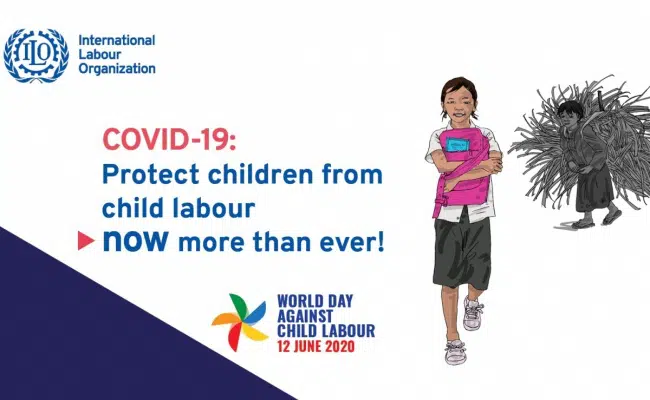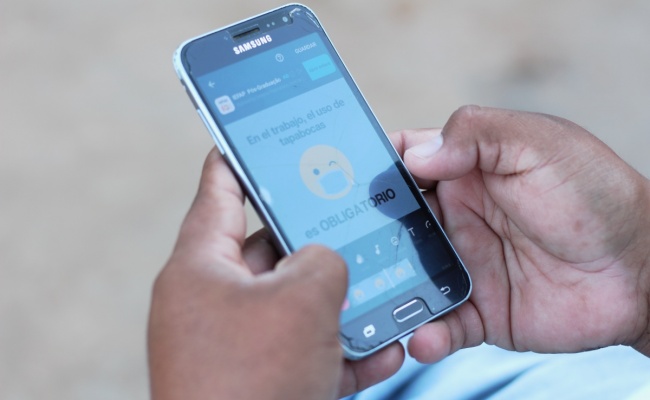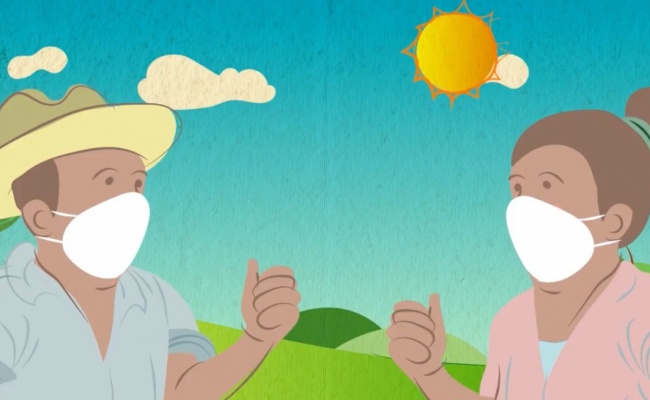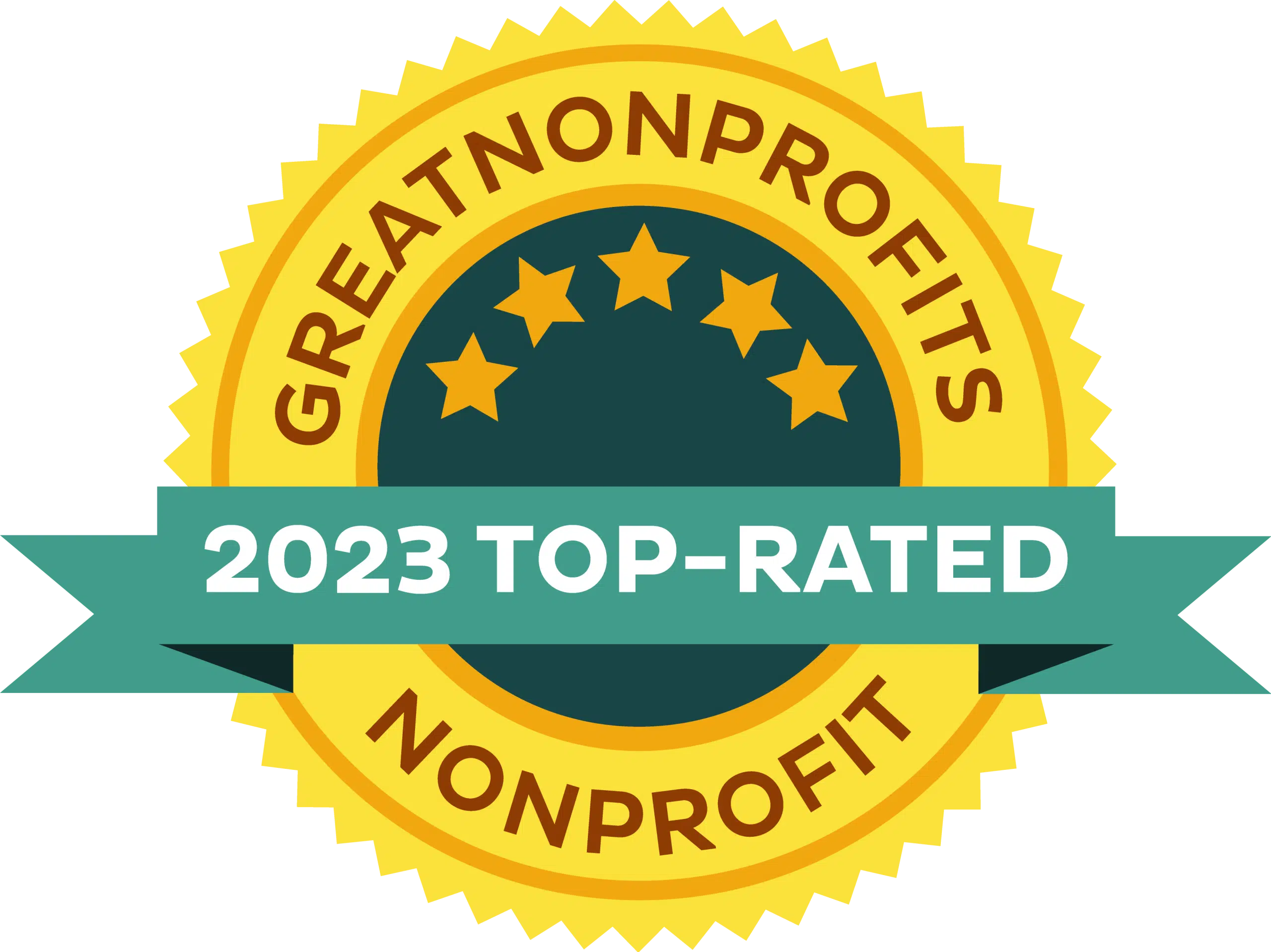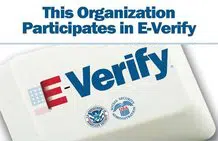June 12
As a crisis that heavily impacts vulnerable populations, the coronavirus 2019 (COVID-19) pandemic could push millions of vulnerable children into child labor. Today on World Day Against Child Labor (WDACL) Partners of the Americas commemorates its dedication to preventing child labor in Latin America and the Caribbean. Our Child Protection Unit (CPU) continues its efforts to combat child labor in the region while tackling the unique problems that COVID-19 has created.
The International Labour Organization estimates that 152 million children around the world are involved in child labor today. That number could dramatically grow due to COVID-19.
The World Economic Forum cites that child labor could increase due to several factors. Unemployment or a drop in household income could push a child into hazardous labor conditions in an effort to generate an income for the family. Additionally, when children are out of school due to COVID-19 lockdowns, the risk of child labor is heightened because of the inability to attend traditional classrooms.
As COVID-19 deaths increase, more children will lose one or both parents or other forms of caregivers. Orphaned children are more vulnerable to trafficking and other forms of exploitation, according to the Human Rights Watch. Now more than ever, during this worldwide health crisis, the fight to eliminate child labor must continue.
Since March, the CPU’s U.S. Department of Labor (USDOL) and U.S. Department of State (USDOS)-funded projects implemented in Paraguay, Colombia, Ecuador, and Costa Rica have monitored and adapted to the situation of COVID-19. While following important health and safety measures, the projects are employing innovative solutions to continue carrying out activities.
In Paraguay, throughout the COVID-19 pandemic, our USDOL-funded Paraguay Okakuaa project has raised awareness of government assistance programs available to employers and workers impacted by the crisis. The project’s awareness-raising campaigns to spread health and safety information have been translated into local indigenous languages by volunteers to reach vulnerable populations in Paraguay.
Through Paraguay Okakuaa, Partners is working to combat child labor and forced labor by strengthening the labor inspection system, increasing educational, and vocational opportunities for underage minors in order to keep them in school, and improving working conditions, particularly focusing its efforts in the Guairá and Boquerón departments. As of 2019, 3,370 children and adolescents ages 5-17 enrolled in non-formal education services.
To continue project activities while keeping everyone safe and healthy, our USDOL-funded Palma Futuro project held a webinar with private sector partners and public sector stakeholders on labor conditions and social compliance systems in Colombia’s palm oil sector. The Palma Futuro program has partnered with leading private sector partners in Colombia and Ecuador to strengthen the implementation of social compliance systems that publicly promote acceptable working conditions for their employees and supply chain. In 2019, seven companies in the palm oil sector completed social compliance self-evaluations.
Our USDOL-funded project Colombia Avanza created an informational video and jingle titled “Quédate en casa y tómate un café” as a creative means to reach rural coffee farmers and raise awareness on the significant challenges that COVID-19 presents to the Colombian coffee sector. Partners is working in Colombia with the program Colombia Avanza to better document child labor in the Colombian coffee industry, spread awareness of the problem, and enforce understandings of acceptable policies and preventions against child labor. For example, the project has developed two studies on child labor and the coffee sector in Colombia.
Through Partners’ expansive network of countries, leaders, and volunteers, we have worked hard to raise awareness of and put a stop to the potential exacerbation of child labor due to the added social and economic impacts of COVID-19. Although this pandemic has presented its challenges, we continue our efforts to address the dangerous practice of child labor by adapting our health and safety guidelines to continue the fulfillment of our mission.
We invite you to join us on World Day Against Child Labor and commit to taking action against unfair and dangerous labor practices to achieve the United Nation’s goal to end child labor by 2025.
